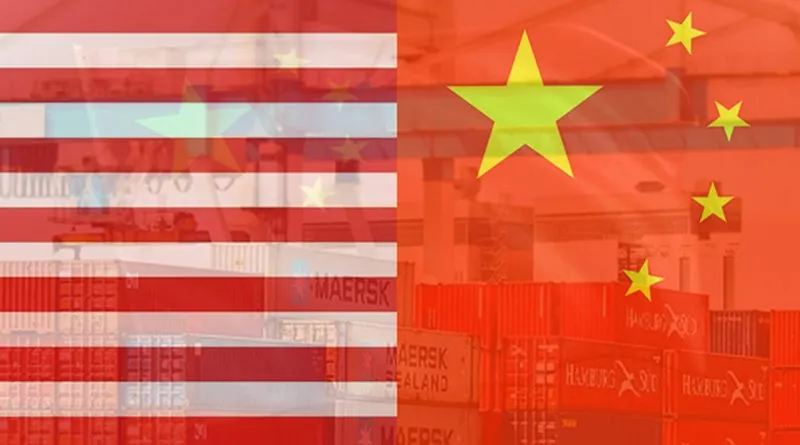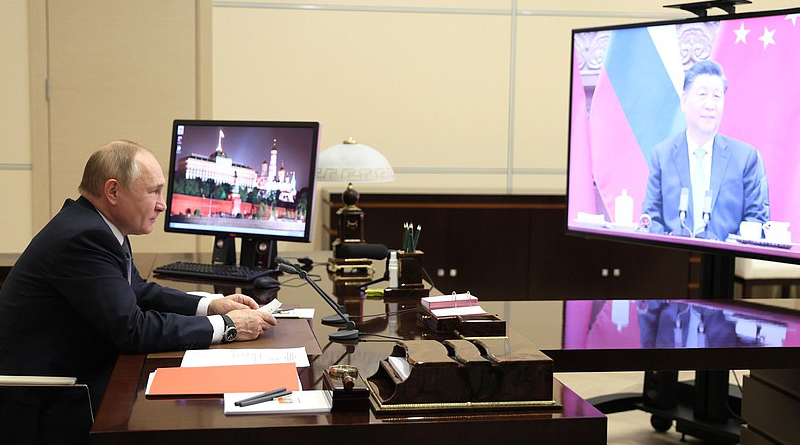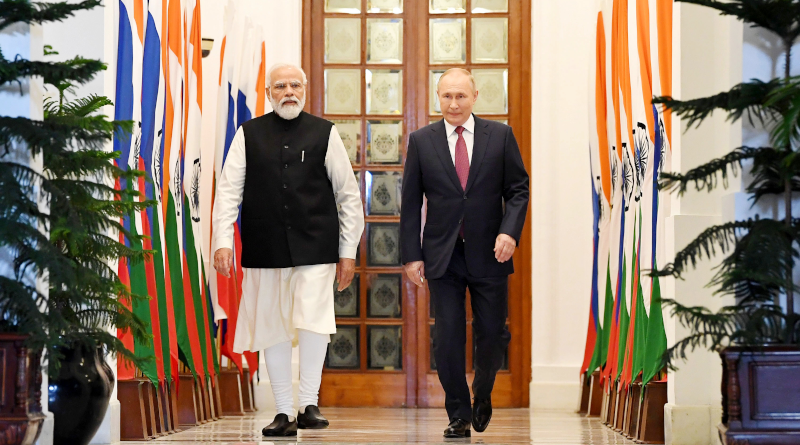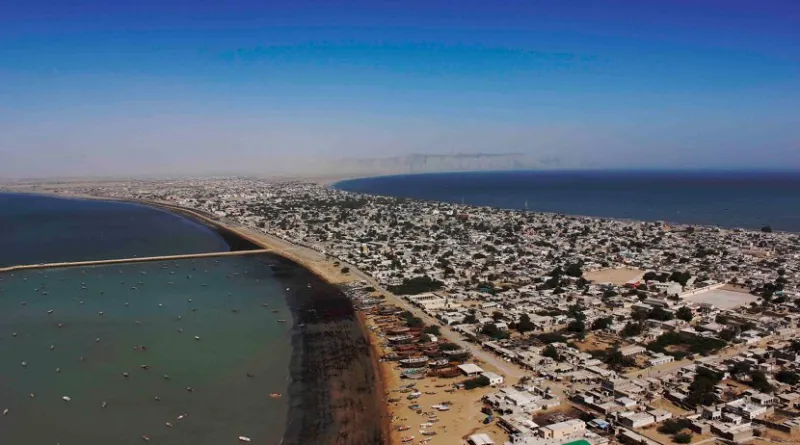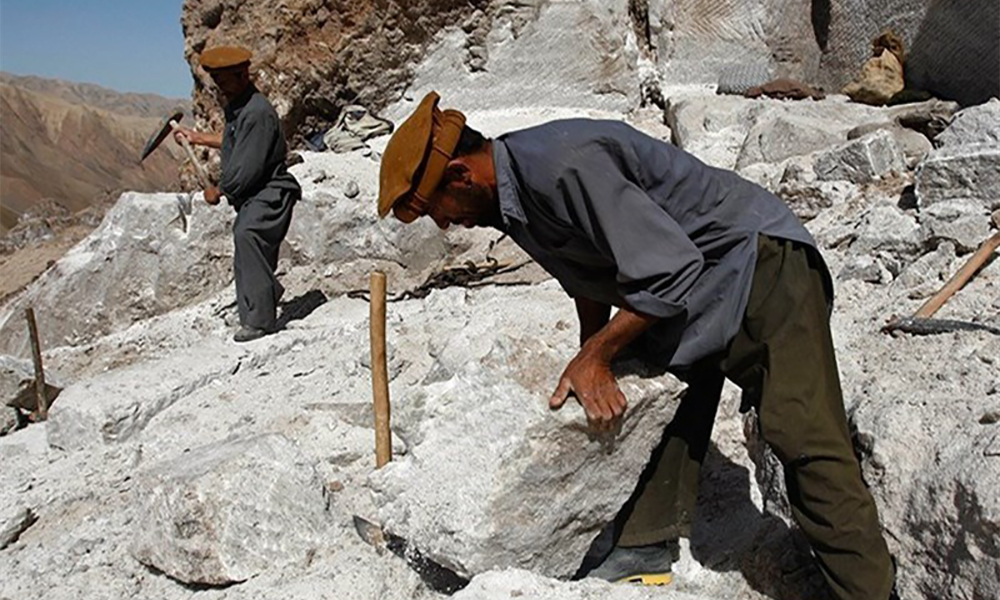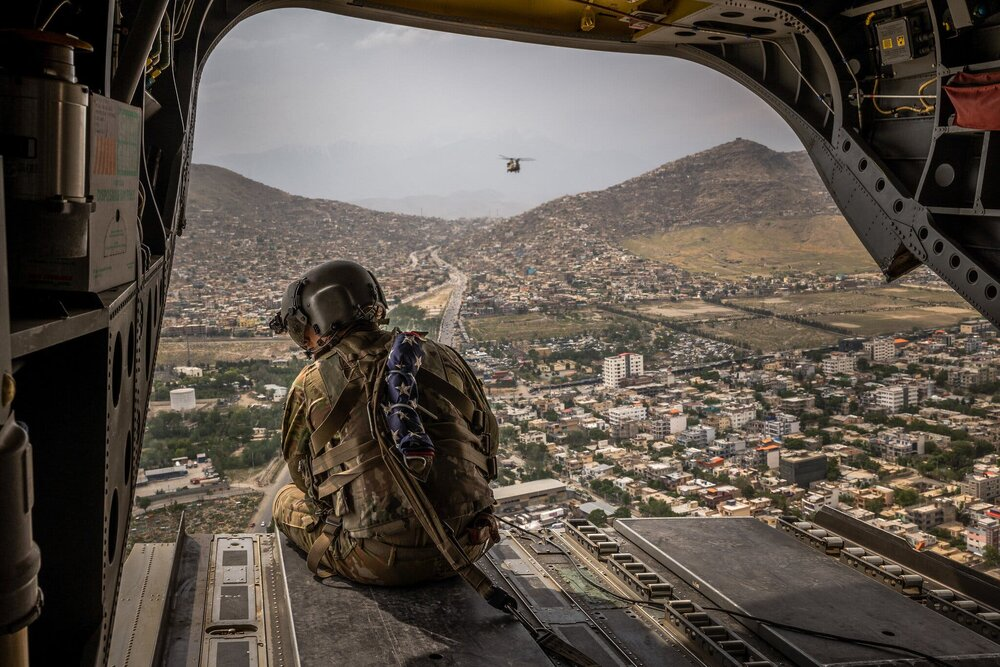Russia’s ‘Gas Pivot’ To China Poses Challenge For Europe
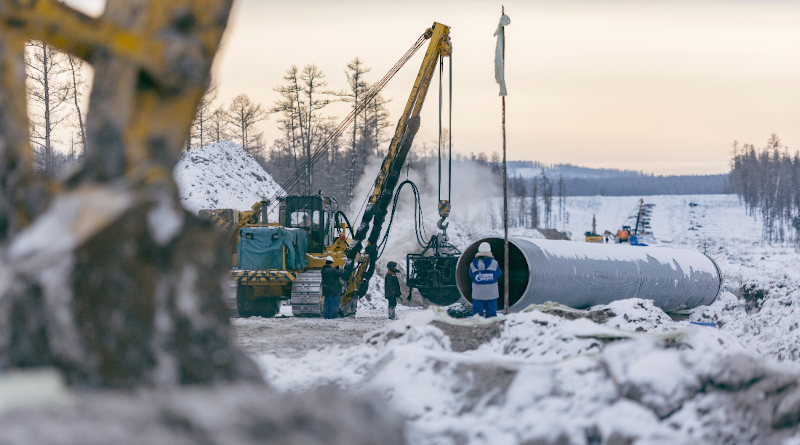
Gazprom, Russia’s giant state-owned energy company, is slated to finalize an agreement in 2022 for a second huge natural gas pipeline running from Siberia to China, marking yet another stage in what energy analysts and Western diplomats say is a fast-evolving gas pivot to Asia by Moscow.
They see the pivot as a geopolitical project and one that could mean trouble for Europe.
Known as Power of Siberia 2, the mega-pipeline traversing Mongolia will be able to deliver 50 billion cubic meters of Russian gas to China annually. It was given the go-ahead in March by Russian President Vladimir Putin, and when finished it will complement another massive pipeline, Power of Siberia 1, that transports gas from Russia’s Chayandinskoye field to northern China.

